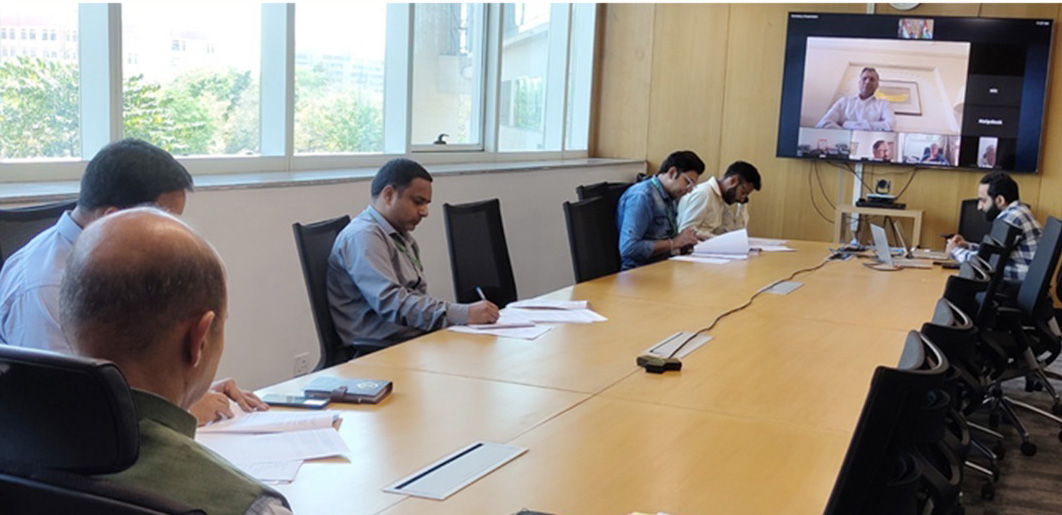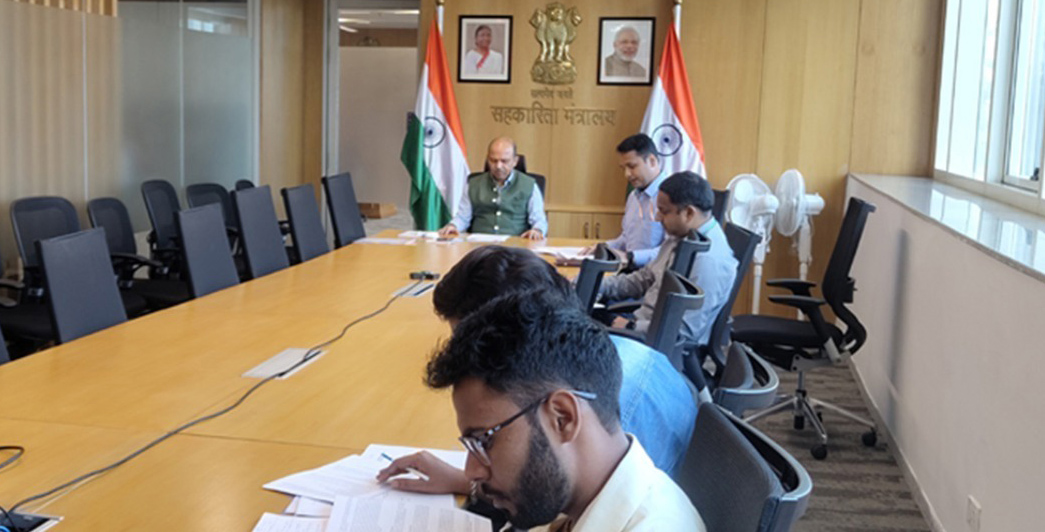In a surprise move, the Cooperation Ministry called for a virtual meeting last week with stakeholders of the National Urban Co-operative Finance and Development Corporation (NUCFDC) to assess the progress of the organization. It bears recalling that NUCFDC has already received the Certificate of Registration (COR) from the RBI.
Chaired by Cooperation Secretary Ashish Bhutani, the meeting brought together key figures including NUCFDC Chairman Jyotindra Mehta, Advisor V S Das, banking expert D Krishna, CEO Atul Khirwadkar, alongside NCDC MD Pankaj Bansal and ministry official Ram Krishna, signaling a collective effort towards fostering cooperative development.
Following the meeting, Chairman Jyotindra Mehta expressed both surprise and satisfaction at the government’s proactive stance, especially amidst the bustling election season. Mehta lauded the Ministry’s unwavering commitment, noting their eagerness to extend support at every stage of NUCFDC’s journey, thereby underscoring a collaborative approach towards achieving common goals.
While discussing the formidable challenges ahead, Mehta revealed that NUCFDC is currently focused on recruiting essential managerial personnel, with the search for a Chief Technology Officer (CTO) already underway.


Addressing inquiries regarding the operational timeline, Mehta indicated that while NUCFDC has already commenced activities post-registration, it aspires to attain full operational capacity within six months, actively supporting and empowering the urban cooperative banking sector.
Furthermore, NUCFDC is actively exploring promising business avenues, such as serving as an Aadhar Authentication Agency and establishing itself as a reputable Rating Agency, in response to mounting demands from UCBs and credit cooperatives seeking reliable accreditation. The organization has initiated dialogues with prominent Credit Agencies in the country to facilitate seamless integration of these essential services.
Financial sustainability remains a focal point, with NUCFDC diligently seeking an additional Rs 200 crores in funding to meet regulatory requirements, including the stipulation that 50% of revenue must derive from financial activities alone, ensuring compliance and long-term viability.













































